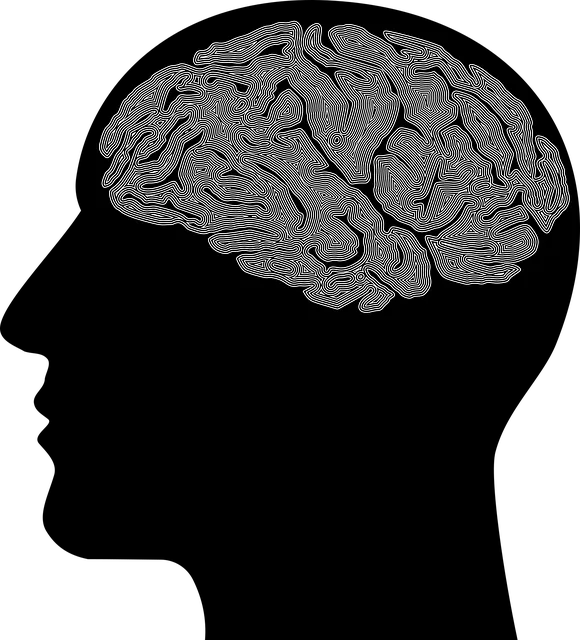Kaiser Permanente mental health Greenwood Village leads in culturally sensitive healthcare by training staff to navigate diverse cultural complexities, fostering trust, and offering tailored resilience-building techniques aligned with patients' backgrounds. Through workshops focused on stress management and a Community Outreach Program, they actively connect with various cultural communities, ensuring holistic well-being and enhancing mental health services accessibility and effectiveness for all.
In today’s diverse society, cultural sensitivity is a cornerstone of effective mental healthcare. Understanding and respecting different cultural beliefs and practices can significantly enhance patient outcomes. This article explores this vital aspect, drawing insights from industry leaders like Kaiser Permanente Mental Health Greenwood Village, renowned for its culturally competent care. We’ll delve into practical strategies for mental health professionals to incorporate cultural sensitivity in their clinical practice, fostering inclusive and impactful treatment environments.
- Understanding Cultural Sensitivity: A Cornerstone of Effective Mental Healthcare
- Kaiser Permanente Mental Health Greenwood Village: A Model for Culturally Competent Care
- Strategies for Incorporating Cultural Sensitivity in Clinical Practice
Understanding Cultural Sensitivity: A Cornerstone of Effective Mental Healthcare

In the realm of mental healthcare, cultural sensitivity is a cornerstone that fosters effective and compassionate treatment. This involves recognizing and respecting diverse cultural beliefs, values, and practices among patients, especially in a multicultural society like the United States. At Kaiser Permanente mental health facilities in Greenwood Village, for instance, professionals are trained to navigate these complexities, ensuring patient-centered care. Understanding cultural nuances allows healthcare providers to create a safe and supportive environment, enhancing trust and engagement.
Cultural sensitivity goes beyond basic awareness; it empowers mental health practitioners to incorporate resilience-building techniques and compassion cultivation practices tailored to each individual’s background. Moreover, organizations like Kaiser Permanente may offer Stress Management Workshops to address cultural stressors and promote holistic well-being. By integrating these strategies, healthcare providers can effectively assist patients in managing mental health challenges while celebrating and embracing their unique cultural identities.
Kaiser Permanente Mental Health Greenwood Village: A Model for Culturally Competent Care

Kaiser Permanente Mental Health Greenwood Village serves as a shining example of culturally competent care within the healthcare industry. This facility prioritizes understanding and respecting diverse cultural backgrounds, beliefs, and values among its patient population. By implementing a robust Community Outreach Program, they actively engage with various communities, fostering trust and accessibility in mental health services. This approach ensures that individuals from all walks of life feel welcomed and supported when seeking help for their mental well-being.
The integration of cultural sensitivity goes beyond community engagement; it influences every aspect of care delivery. Mental health professionals at this location undergo specialized training to conduct thorough risk assessments, taking into account cultural factors that might impact a patient’s experience. This enables them to offer tailored interventions and support, addressing not just the symptoms but also the unique challenges faced by each individual. Such practices contribute significantly to improving self-esteem and overall mental health outcomes for all patients.
Strategies for Incorporating Cultural Sensitivity in Clinical Practice

Incorporating cultural sensitivity into clinical practice is a multifaceted approach that requires dedication and an open mind. At Kaiser Permanente mental health Greenwood Village, we emphasize understanding and respecting diverse cultural backgrounds to deliver personalized care. This begins with active listening and open communication, where healthcare providers create safe spaces for patients to express their unique needs and perspectives.
Effective communication strategies, such as using culturally appropriate language and non-verbal cues, bridge the gap between different cultures. Additionally, educating oneself about various cultural beliefs related to mental wellness, including depression prevention methods, fosters empathy and enables more nuanced interventions. By integrating these practices, Kaiser Permanente aims to enhance patient outcomes and build stronger relationships, ensuring that every individual receives care tailored to their cultural context.
Cultural sensitivity is a vital aspect of delivering effective mental healthcare, as evidenced by successful models like Kaiser Permanente Mental Health Greenwood Village. By understanding and incorporating cultural competency into clinical practice, mental health professionals can create safer and more inclusive environments for diverse patient populations. Strategies discussed in this article offer practical steps towards navigating the complex landscape of cultural differences, ultimately enhancing care outcomes and fostering stronger connections between healthcare providers and their patients.






